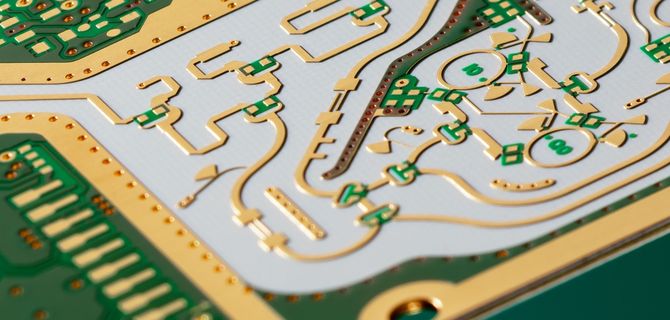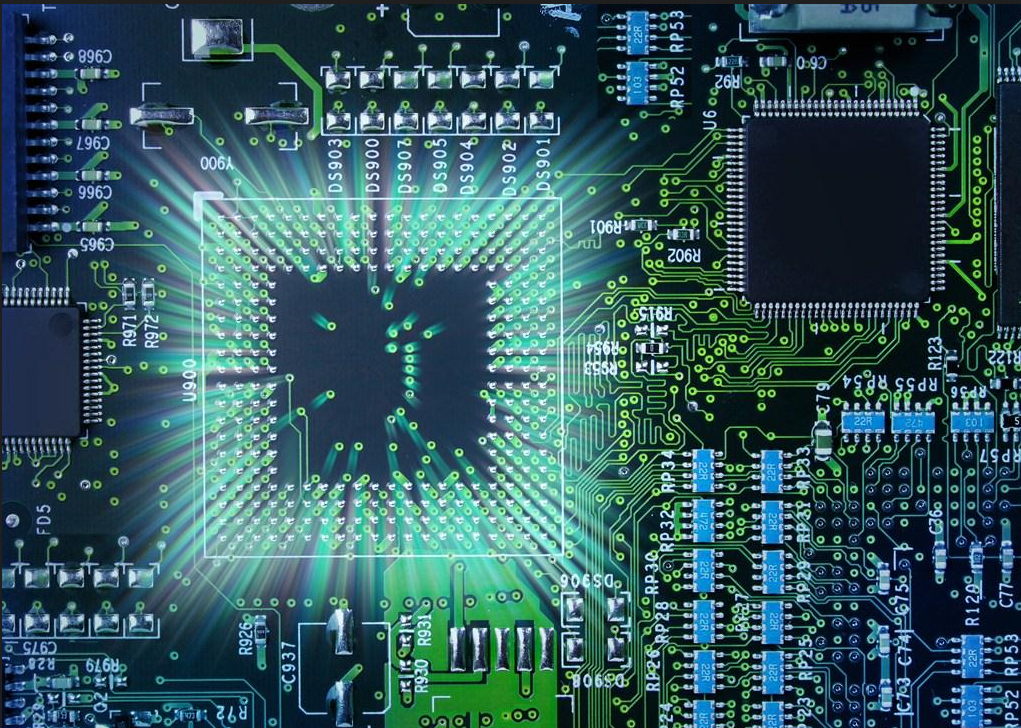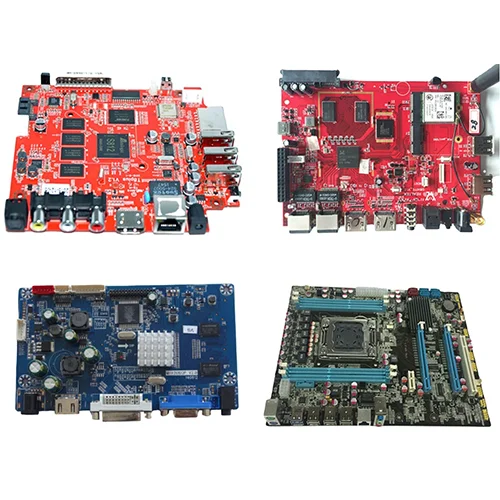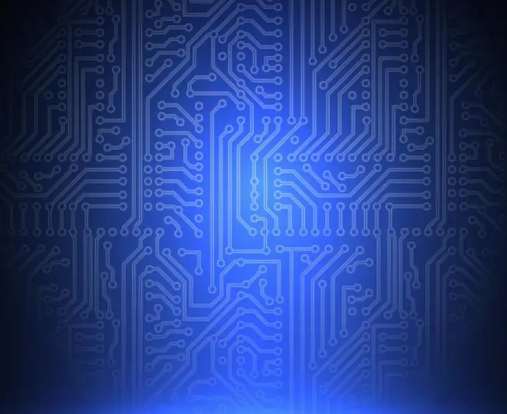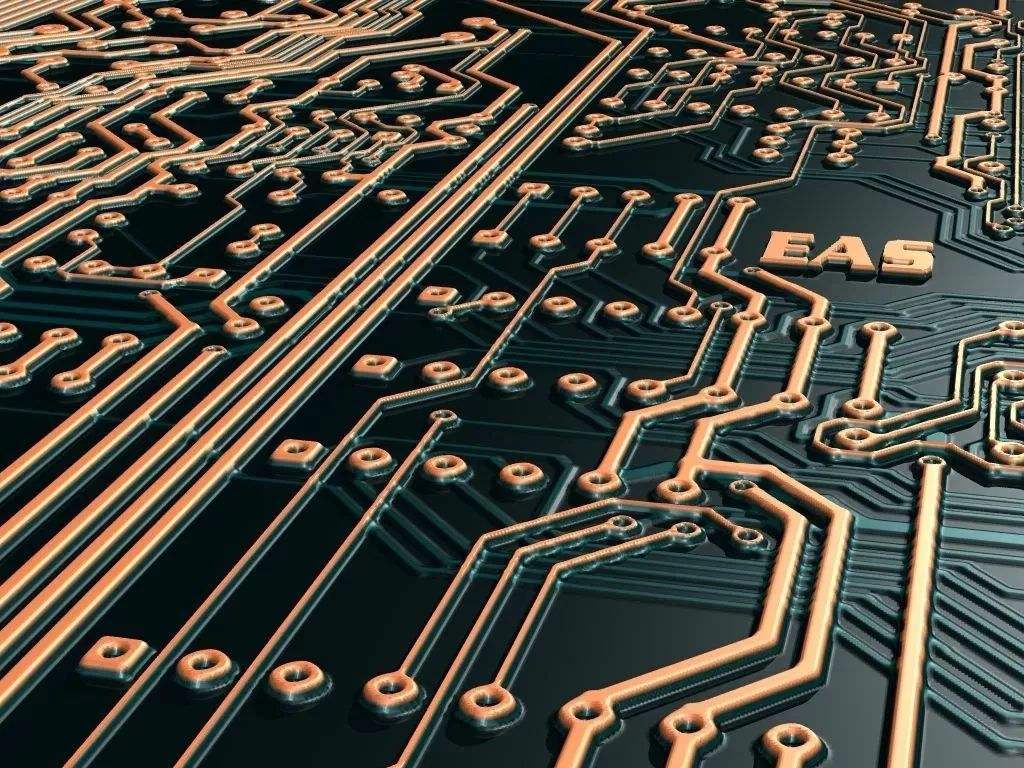
Overview of PCBA Board Industry Development
Mainland China has rapidly become a major producer of electronic products and PCBs Due to the domestic market potential and manufacturing advantages, China has attracted foreign investment. In just a few years, it has promoted the diversified development of the PCB industry in mainland China, and has become the world's largest PCB producer In the next few years, China's PCB industry will continue to maintain a rapid growth trend, and its global market position will continue to improve; From 2012 to 2017, China's PCB output value will grow at a compound growth rate of 6% per year 0%. By 2017, the total output value will reach 28972 billion U.S. dollars The global output value of polychlorinated biphenyls increased to 44.13% It can be seen that China's polychlorinated biphenyl industry has maintained a rapid growth trend According to the statistics of CPCA, the number of domestic polychlorinated biphenyl industry companies in 2013 was about 500, mainly in the Pearl River Delta, Yangtze River Delta and Bohai Rim The output value of polychlorinated biphenyls in the Yangtze River Delta and the Pearl River Delta accounted for about 90% of the total output value of mainland China; In recent years, the production capacity of the central and western regions has also expanded rapidly China's PCB industry is mainly distributed in regions
Circuit board
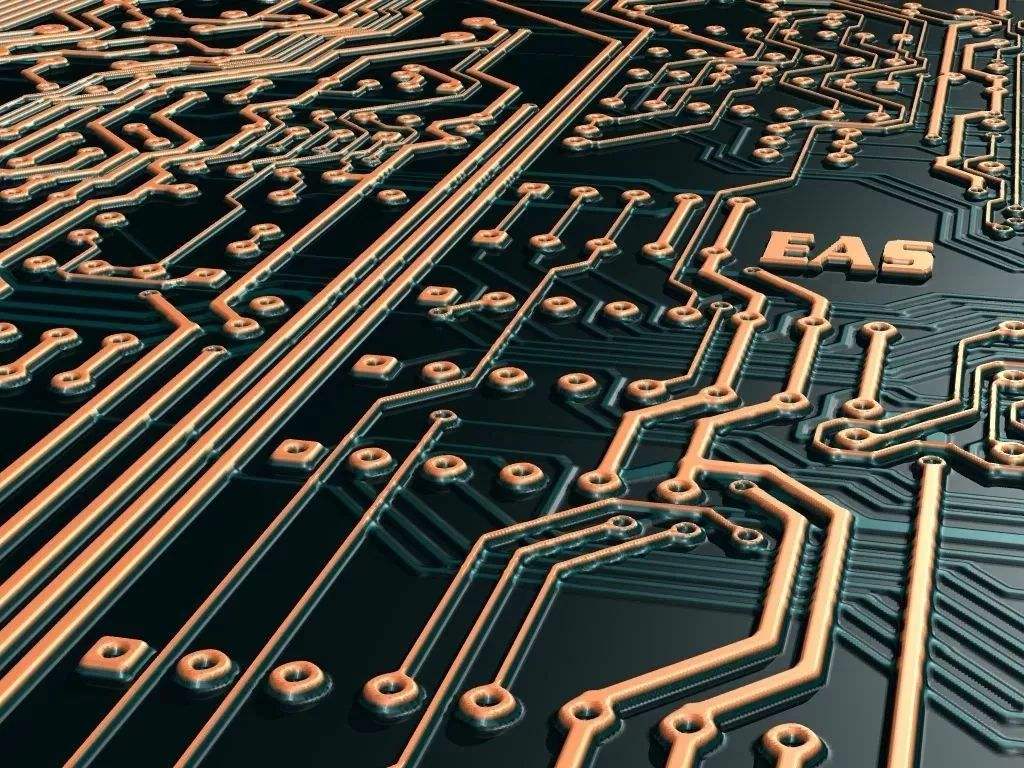
Sanjiaozhou of the Yangtze River and Sanjiaozhou of the Pearl River are regions with relatively developed electronic technology products in China. They are also the birthplace of IT They enjoy unique geographical advantages, talents and economic environment, and are now in the stage of industrial upgrading Low end products of polychlorinated biphenyls are gradually being transferred to other regions of the mainland, and high-end products and high value-added products continue to focus on the Changsan and Zhusan In the future, the domestic polychlorinated biphenyl industry is likely to form a two-hour economic polychlorinated biphenyl manufacturing and equipment data research and development base with the Pearl River Delta and Yangtze River Delta as the high-end; The Yangtze River, including Chongqing, Sichuan, Hubei, Anhui and other world top 500 electronic enterprises, has become a leading two-hour economic industrial belt; The Bohai Rim Economic Circle led by the north of Dalian; Industrial structure of Northwest Guangdong Processing Zone after the opening of Hong Kong Zhuhai Macao Bridge The main product structure of PCBs in China tends to be diversified and high-end According to CPCA statistics, various domestic polychlorinated biphenyls have developed significantly since 2000 Among them, the development speed of multilayer boards, HDI boards and flexible boards is higher than the industry average The development speed of double-sided boards is relatively stable From the perspective of domestic development trend, the growth of production of PCBs is slightly lower than that of sales, mainly due to the gradual development of product structure towards multi-layer and high-precision China's multilayer boards and HDI boards are at the stage of industrial growth, with their scale expanding and their technology becoming more and more mature Multilayer board is still the mainstream of market development; HDI boards are in a period of rapid development, driven by the upgrading and upgrading needs of downstream electronic information products
Since 2010, the global automotive industry has shifted from the electronic era to the automation era. Active security and communications applications are also increasingly dependent on electronic detection. In addition, Google's research and development of driverless cars has made automotive electronics more important. In Taiwan's polychlorinated biphenyl factory, Jing Peng (2355) is now the leader of automobile panels. It is estimated that the output value of auto panels in 2013 will reach 13.9 billion yuan, a significant increase of 21.93% compared with 11.4 billion yuan in 2012, while the statistical data of Jingpeng in the first quarter of 2014 will be 5.193 billion yuan, a record high, with an annual growth rate of 14.14%; At the same time, its after tax earnings in the first quarter of 2014 reached 502 million yuan, a record high, with an annual growth rate of 12.72%, and its after tax earnings per share in a single quarter was 1.26 yuan. In the first quarter of 2014, by application side, Jingpeng's products accounted for 72% of the revenue from automotive panels, which also reached 72% of the annual average level last year. In other PCB factories such as Xinxing Electronics (3037), Jingcheng Technology (6191), Ding Technology (3044), Yaohua Electronics (2367) and Jingguo Industry (6108), PCB factories are vigorously entering the automobile plate market, and all factories are working hard for this growing market. In the global automotive industry, the automotive industry in 1880 was the generation of internal combustion engines, which entered the electronic world in 1950. Since 2010, it has entered the era of automation. It is also increasingly dependent on electronic detection and communication applications, which further promotes the demand for PCBs.
At present, automobile consumers are most concerned about the four confidential issues of automobile operation: driving safety, road congestion, and user experience At present, they must rely on automotive electronic equipment, seek improvement through electronic mechanisms such as automatic driving, active safety, intelligent safety, and Internet of Vehicles In the auto driving part of the car, the resolution of the currently developed car image lens and radar recognition system is not a major problem In the active safety part of automobiles, which is the most important part? Hao also stressed that the current purpose is to prevent locking, PCB electronic power distribution, traction control, reverse video, distance monitoring, lane departure warning, etc Is the most popular, The cost proportion of automotive electronic products in the whole vehicle has risen from 22% in 2000 to 35% in 2010, and is expected to reach 50% in 2030 Due to the safety performance and drive system, the proportion of automotive electronic products will increase rapidly In addition, the growth of electrical equipment, lighting vehicle electronic equipment and drive system control will be more powerful


